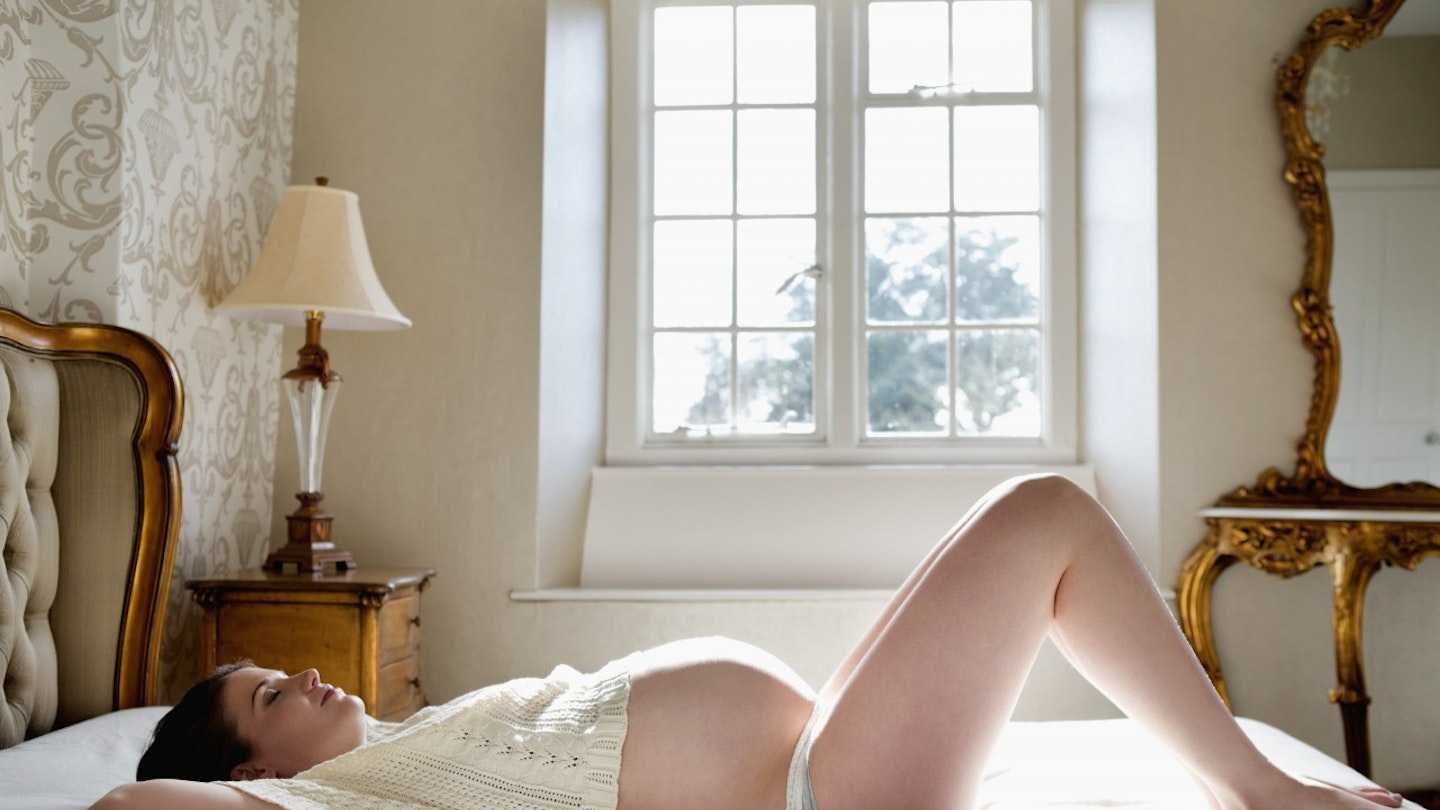OK, so we can’t do a bed next to a Hollywood star in the labour ward – but there are ways to get five stars out of your pregnancy care.
While you probably don’t have Kim Kardashian’s cash or Kate Middleton’s connections, it’s actually easier than you might think to get a birth worthy of five stars. All you need to do to get the right antenatal care for you and your baby is navigate the medical maze.
Pick the perfect place
If you’re going down the NHS route, you’re in good hands. Actress and Britain’s Got Talent judge Amanda Holden described her second birth on the NHS as ‘far superior’ to the one she had privately.
So, how do you choose your ideal location? In theory, you can have your baby at any hospital or midwife-led unit, but it’s not a great idea to go anywhere beyond a 20-minute drive.
‘A far-away hospital won’t be a good option in labour, no matter how impressive the facilities are,’ says independent midwife Helen Taylor. To compare nearby hospitals, look up the maternity section on that NHS trust’s website. There should be a list of facilities, as well as a video presentation and a virtual tour.
BirthChoiceUK, a voluntary public information service, has a map of hospitals and birth centres on the Which? Birth Choice website; you can also find local and national maternity stats on the BirthChoiceUK website.
Feel free to change your mind
If you’ve found somewhere better for you, don’t be shy about making the switch. ‘You can change your mind about the birth you want at any time – just contact the new venue and request a transfer of care,’ says Helen. You might even decide you don’t want to go to hospital at all. If you want a home birth, discuss it with your midwife.
As long as your pregnancy is low-risk, she should have no objection. And, if you’re ever unhappy with your midwife care, speak up. The person to talk to is the supervisor of midwives – it’s her job to ensure expectant mothers get what they need – and you’ll find her contact details on the hospital website.
Check what you’re getting
The A-list won’t do anything without knowing what they’re committing to, and that’s a good rule of thumb for your schedule of antenatal care. You’ll receive a breakdown at your first midwife appointment and first-time mums are usually offered two scans – a dating scan at 12 weeks and the anomaly scan at 20 weeks. You’ll also be offered 10 antenatal appointments. Booking-in tends to take place at around 10 weeks, then you’ll be seen at 16 and 25 weeks. After that, they’re roughly three weeks apart until 34 weeks, then fortnightly.
Take advantage of freebies
Celebs always know when to bag a bargain, so make sure you do, too. Most hospitals offer NHS Parentcraft classes free of charge – ask at your GP’s surgery or speak to your midwife. These generally start at around 28 weeks, and will cover everything from pain relief to birthing positions in once-a-week sessions.
Usually held in the evening, they do tend to get booked up very quickly, so it’s a good idea to start making enquiries early on. The National Childbirth Trust also offers classes for around £10 to £15 a session.
Know what’s worth paying extra for
Got a bit of spare cash to splash? Some expectant mums supplement their NHS care with a private midwife.
‘The average routine appointment with a midwife is just 15 minutes, so even a couple of private sessions can be helpful, especially to go through your birth plan in detail,’ says Helen.
Most will visit you at home, and cost from around £80 an hour. You can also pay for extra scans privately at any time, with prices starting from £99 – Ultrasound Direct has clinics all across the UK.
Speak up if you’re not happy
If you’re not satisfied with the service you’re getting, make like an A-lister and complain. The Patient Advice and Liaison Service was set up by the NHS to ensure patients concerns are listened to.
For a directory of local representatives, visit the website){href='http://www.pals.nhs.uk/)' target='_blank' rel='noopener'}. Your GP will also be happy to discuss any issues you have with your care.
